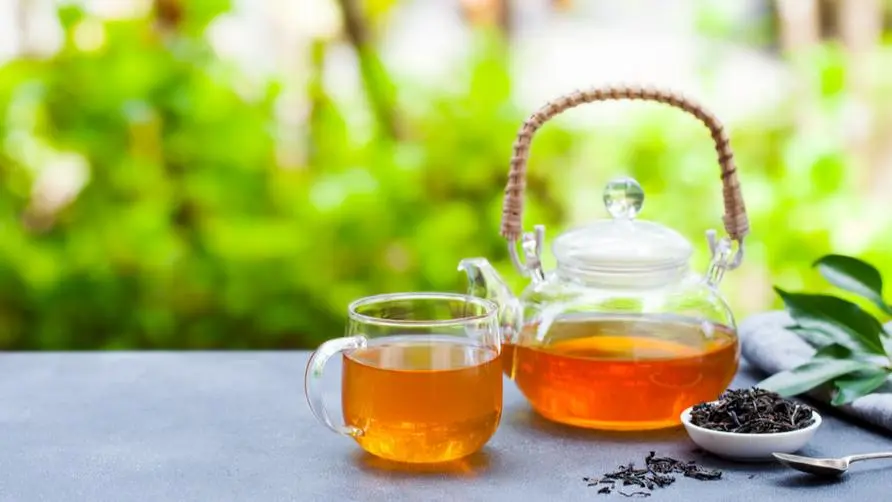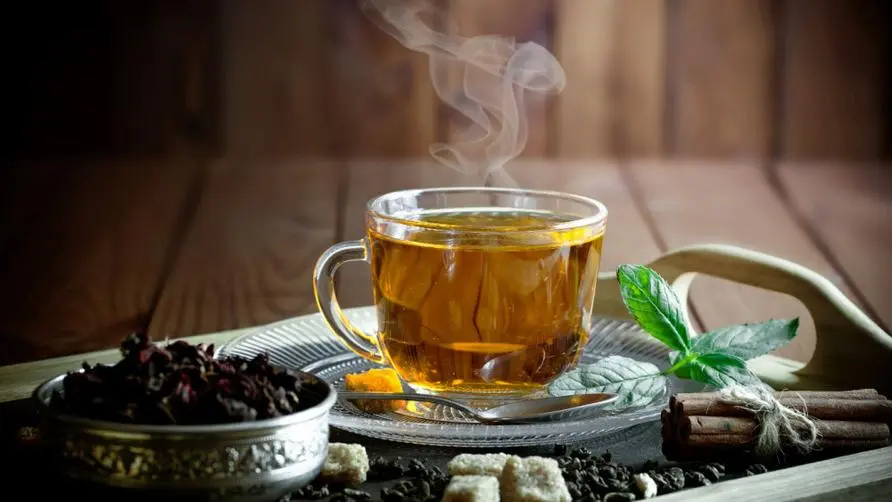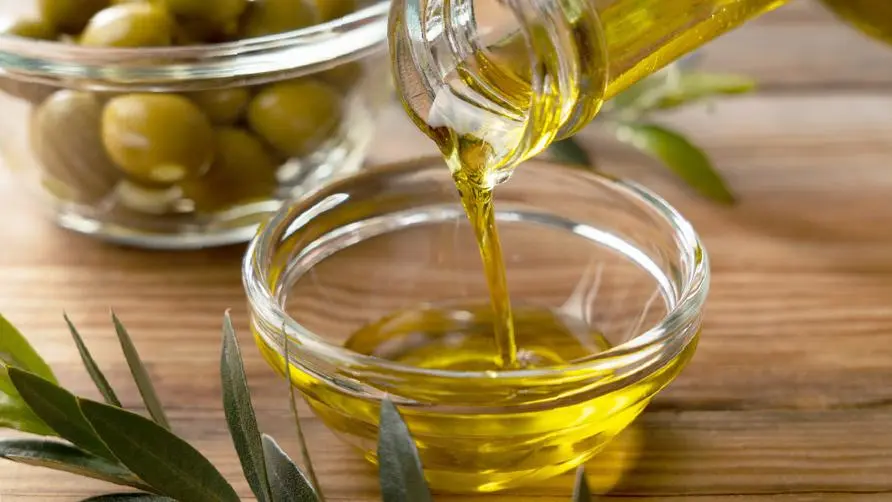Black tea's "1 key ingredient" helps prevent vascular calcification! Study: 2 cups a day can lower blood pressure and prevent dementia

The benefits of drinking black tea may be far greater than you and I think? According to a study published in “Arteriosclerosis, Thrombosis, and Vascular Biology”, adding a large amount of “flavonoids” (flavonoids) to the diet can help reduce the risk of “abdominal aortic calcification” (AAC), which is easy to obtain A dietary source rich in flavonoids is black tea, which is widely available in Taiwan.
Black tea helps reduce the risk of vascular calcification! Research: The key lies in “flavonoids”
The abdominal aorta is the largest artery in the body and is responsible for supplying oxygenated blood from the heart to the abdominal organs and lower limbs. Previous studies have shown that abdominal aortic calcification is an important indicator for predicting cardiovascular disease, stroke and late-life dementia. Previously, academic circles claimed that flavonoids may be important components in anti-inflammation and blood vessel protection, but Edith Cowan University in Australia is trying to further clarify the benefits of flavonoids to the body.
The Edith Cowan University research team analyzed 881 elderly women (average age 80 years old) and tried to add a certain amount of flavonoids, such as total flavonoids, flavanols (flavanols), into their daily diet. 3-ols), flavonols, etc. After several weeks of follow-up, subjects who added flavonoids to their diet had a significantly reduced risk of abdominal aortic calcification by 36-39%.
Study author Ben Parmenter noted that black tea was the main source of total flavonoids in the study cohort. Through further analysis, the study found that compared with subjects who did not drink black tea, those who drank 2-6 cups of black tea per day had a 16-42% lower risk of abdominal aortic calcification. “In addition to black tea, the subjects also added foods such as red wine, dark chocolate, and citrus fruits to their diet, but the effects seemed not as obvious as black tea.”
Parmenter emphasized that although black tea was the main source of flavonoids in this study, the general public can still benefit from a diet rich in flavonoids, such as green tea, apples, pears, kale, onions, nuts, citrus fruits, berries Fruit, dark chocolate, etc. He said that in this study, people who did not drink black tea obtained flavonoids from the above foods and may still have a protective effect on the abdominal aorta.
Not only prevent vascular calcification? Intake more “flavonoids” to help lower blood pressure and fight viruses
In addition to preventing vascular calcification, what other benefits can be gained by moderately adding flavonoids to the diet? Past research has confirmed that a diet rich in flavonoids may be helpful in preventing the following diseases:
Alzheimer’s disease. Research from Tufts University in the United States shows that drinking 2 cups of green tea, black tea or consuming 2-3 servings of berries a day can help reduce the risk of dementia or Alzheimer’s disease. Conversely, low intakes of anthocyanins and flavonols may be associated with a 1-4 times increased risk of dementia.
High blood pressure. According to a study in “Scientific Reports”, high intake of flavanols (mainly sourced from cocoa and fruit-based foods) can lower the blood pressure of subjects by about 2-4mmHg. Flavanols have also been found to have a protective effect on cardiovascular disease.
Cognitive decline. The American Academy of Neurological Disorders shows that consuming at least half a serving of flavonoid-rich foods or drinking more than 2 cups of black tea and green tea every day can help reduce the risk of cognitive decline by 20%. Among them, anthocyanins may have the strongest protective effect.
Cancer. The American medical media “WebMD” stated that different types of flavonoids have different preventable cancers. For example, studies have shown that anthocyanins can reduce the risk of lung cancer, and flavonols can help prevent prostate cancer. In addition, no matter what kind of flavonoids are consumed, they are helpful in preventing breast cancer and colorectal cancer.
Chronic pain and inflammation. “WebMD” pointed out that flavonoids have anti-inflammatory and anti-pain properties. The principle is that flavonoids can reduce the cellular response to pain, and have the potential to be used in the treatment of chronic pain and smoking diseases in the future.
Viral infection. “WebMD” explains that flavonoids have been shown to have antibacterial and antiviral effects. Many laboratory studies have shown that certain flavonoids prevent cellular replication of H1N1, HIV, SARS and RSV viruses. Further research is needed to determine how flavonoids fight viruses in the body and whether they can be an effective preventive measure.
Source:
Further reading:





